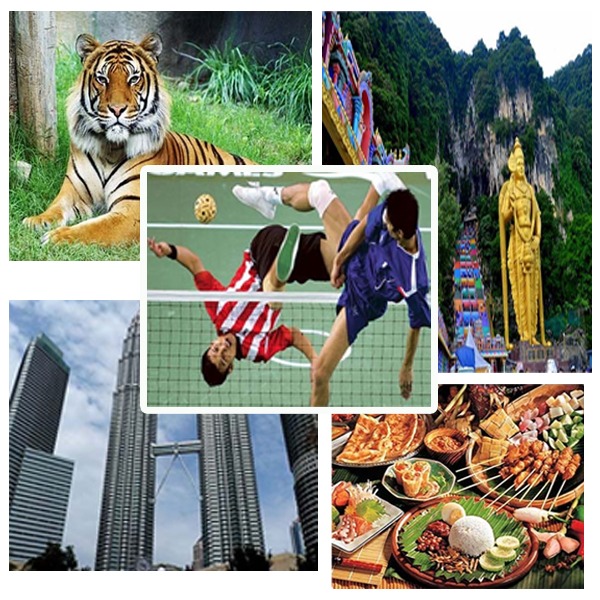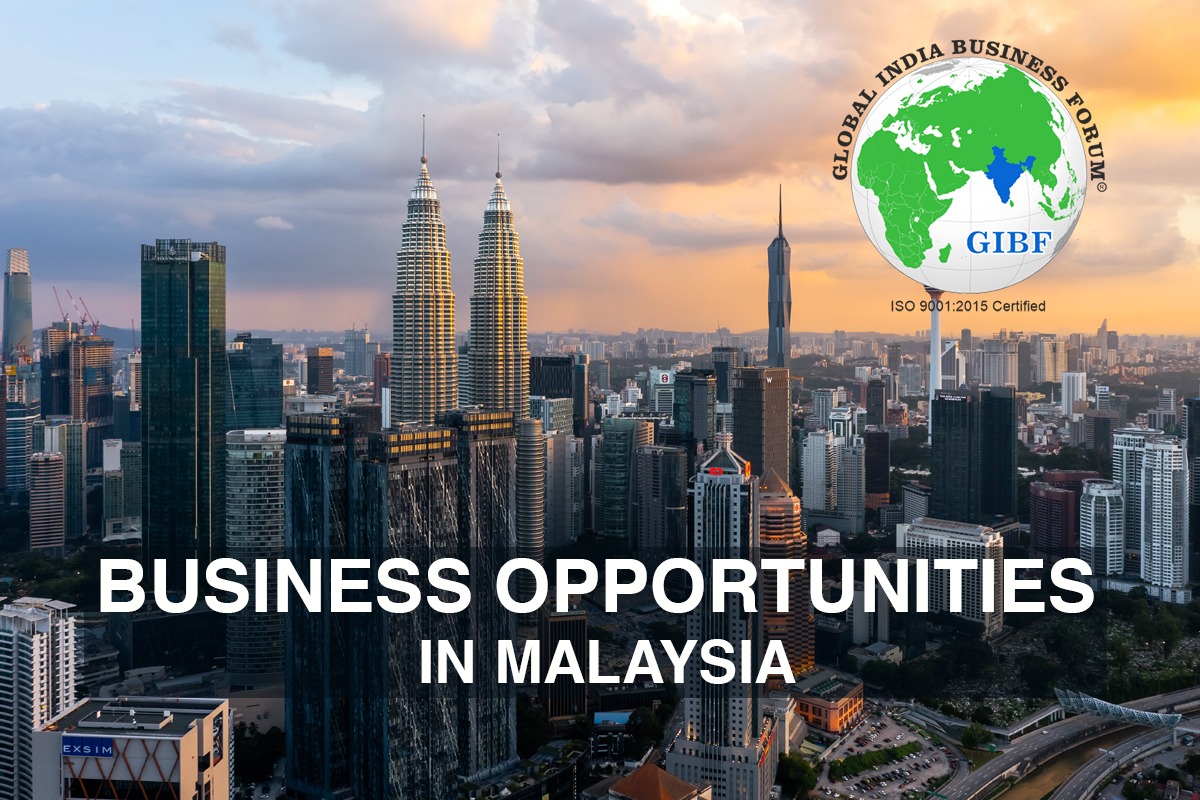
India Malaysia Business and Cultural Council

About Malaysia
Malaysia, located in Southeast Asia, is a vibrant and diverse country known for its stunning
landscapes, rich cultural heritage, and rapid economic growth. It is divided into two main regions:
Peninsular Malaysia, which shares borders with Thailand and Singapore, and Malaysian Borneo, which
includes the states of Sabah and Sarawak on the island of Borneo. The capital city, Kuala Lumpur, is
a bustling metropolis renowned for its modern skyline, including the iconic Petronas Twin Towers,
which were once the tallest buildings in the world.
One of Malaysia’s defining features is its multicultural society, consisting of Malays, Chinese,
Indians, and indigenous ethnic groups. This diversity is reflected in the country’s festivals,
traditions, and cuisine. Malaysian food is world-famous, with dishes such as Nasi Lemak, Char Kway
Teow, Roti Canai, and Satay offering a delightful fusion of flavors. The country's official language
is Malay (Bahasa Malaysia), but English is widely spoken, making it accessible to international
visitors.
Malaysia is also known for its breathtaking natural attractions, including tropical rainforests,
pristine beaches, and exotic wildlife. The Cameron Highlands offer cool tea plantations, while the
Taman Negara National Park boasts one of the world's oldest rainforests. The islands of Langkawi,
Perhentian, and Tioman are famous for their crystal-clear waters and rich marine biodiversity,
making them ideal for diving and snorkeling.
Tourism is a major contributor to Malaysia's economy, attracting millions of visitors annually. The
country is also a regional economic powerhouse, with a strong presence in industries such as
manufacturing, finance, and technology. Its well-developed infrastructure, modern cities, and rich
cultural experiences make Malaysia a top destination for both business and leisure travelers.
With a perfect blend of tradition and modernity, Malaysia continues to shine as one of Asia’s most
captivating and dynamic nations.
OBJECTIVES

Business Council
To promote bilateral trade between India and Malaysia To boost businesses of all the sectors, particularly MSMEs, and create business opportunities To promote businesses of all sizes across the two countries Establish business to business and people to people contact Create tie-ups amongst chambers of commerce and have businesspeople as part of this council.

Cultural Council
To promote cultures and exchange ideas and values through this council Facilitate cultural exchanges in the form of music, dance, history, artifacts, exhibitions, expos and even through online mediums Create opportunities for student exchanges, training and courses to promote cultural relations between India and Malaysia To promote artists through shows, exhibitions, etc. either in person or through online mediums.
